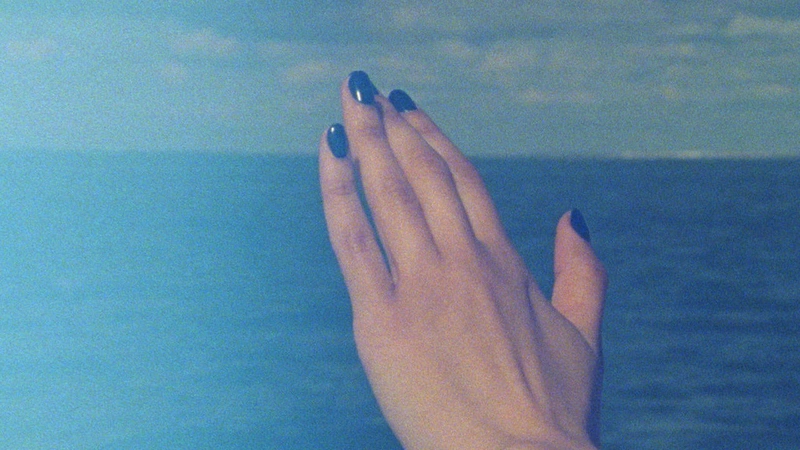
A screening programme co-curated by Elia Nurvista and Sophie J Williamson
Organized within the framework of Food Art Film Festival 2022, Devouring Worlds brings together a programme of short films that consider the inherent entanglements of ecologies, food production, capitalism and the ghosts of colonialism that continue to shape our edible worlds.
From different locations and perspectives, they consider how structures of power, oppression and extraction shape both the diets that we consume and the landscapes that support them. They question how these power structures influence our individual and collective tastes; how the food we eat is shaped by societal structures, and vice versa; and how diet is used to manipulate both one’s sense of self and of collective identity. From foraging to farming, and from historical cultural narratives passed down through generations to advertising agencies staging of mouth-watering photoshoots, these food chains reflect collective values at the heart of our societies.
9 September
David Darmadi & Lidia Afrilita. Diary of Cattle, 2019. 18mins
Diary of Cattle is the story of a 24-hour life cycle of a herd of cows that live and graze on a landfill site in Indonesia, due the lack of pasture and instead rely on human food waste to feed the cows.
Laura Coppens. Taste of Hope, 2019. 71mins
Is a documentary about tea factory workers after their success against the giant multinational and became owners of the factory. Facing several problems and contested between idealism and harsh reality, it shows a fascinating story of a workers’ cooperative on their bumpy and conflicting road to real utopia.
Maryam Jafri. Mouthfeel, 2014. 22mins
Mouthfeel brings up a conversation between a fictitious married couple who both work for a multinational food company. By combining staged and found footage it explores the politics underpinning industrial food production.
10 September
Marianna Simnett. The Udder, 2014. 15mins
Shot on a robotic dairy farm in rural Sussex, Simnett’s magic-realist tale considers the increasingly technical process of automated milk production as the site of an elemental struggle between the forces of purification and corruption.
Harun Farocki. Stilleben (Still life), 1997. 15min excerpt
Farocki’s camera interrogates details of 16th century Dutch still life paintings, setting them against contemporary advertising photoshoots of consumer goods. Stilleben questions our personal agency of taste, when such carefully considered aesthetic arrangements of placement, framing, lighting and construction are specifically designed to mould our consumer desire.
Josephine Ahnelt. Cults & Cucumbers, 2020. 25mins
Ahnelt encounters the Konohana family, which has settled at the foot of Mount Fuji to cultivate a more sustainable lifestyle, apart from the acceleration of capitalism.
Artur Zmijewski. Cookbook, 2013. 12mins
The monotonous and highly restricted conditions of daily life in a women’s prison on the outskirts of Warsaw are contrasted against Zmijewski’s improvised collective cooking workshops using luxurious ingredients. Zmijewski sought to provide something largely inaccessible inside the prison walls: beauty, taste, creative authorship.
Ana Vaz. Occidente, 2015. 15mins
Filmed in Lisbon in search for the originals of Brazil’s colonial history, Vaz instead found copies. Occidente’s trans-Atlantic voyage travels eastwards and westwards marking cycles of expansion, appropriation, application and reapplication, in a struggle to find one’s place; one’s sitting around a table.